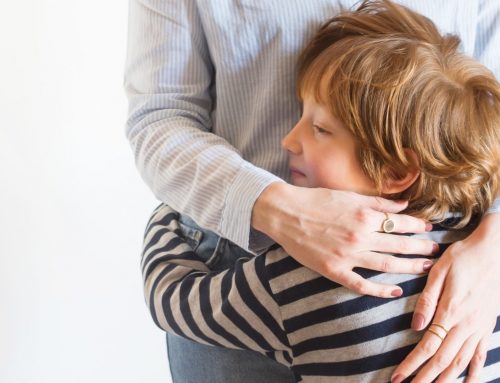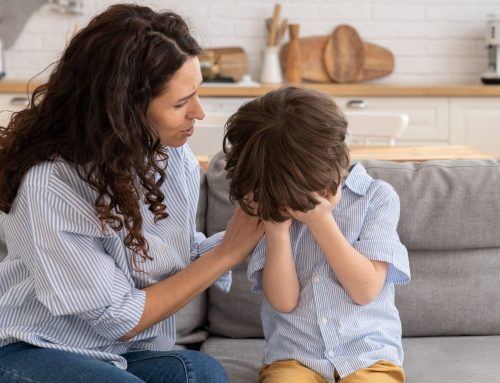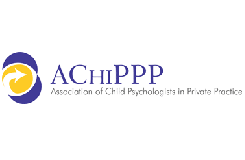Emotional regulation is hard for some children to maintain consistently. Some children seem excessively anxious, angry, shy, sad or fearful. While all children go through various stages of the above, some children need support to develop an understanding and strategies for appropriate expression of their emotions.
- Patience
- A feeling faces chart (see our Facebook page)
- A hand drawn ‘thermometer’ divided into 10 parts
- a range of techniques, (some of which have been included in other articles but if you need more information, let us know).
-
- Helping them to recognise and express different feelings
Use a feeling chart with faces expressing different emotions and let your child help you cut out the feelings that they want to include and make their own unique chart. Rename feelings if appropriate and encourage them to decorate and make the chart special to them. This chart can then be used to check in and provide a space for them to let you know how they are feeling by pointing rather than having to find the words to describe a feeling. It also allows you to identify a feeling for them without them feeling interrogated and on the spot. A sample chart is available on our Facebook page. - Help them to recognise when their feelings are escalating
Use a feelings thermometer with numbers form 1 -1 0 and help them to identify what each number range represents. For example if anger is the main issue, help them to identify that a 2 is a bit angry but managing well, while an 8 may be out of control anger. This approach can be used to ‘measure’ anxiety, anger, confidence etc. so that children can become aware when their ‘temperature’ is rising so that they can act/seek help before their emotions get out of control. - Help them with different strategies for expressing their feelings constructively.
There are many effective strategies that can be used to express feelings in a constructive way. Using the above strategies, social stories, a worry box and relaxation techniques are great for anxiety. Using scribble techniques, ‘personalising’ the problem, social stories and physical activity are great for tackling anger. We are happy to share these techniques in more detail should you be interested.
- Helping them to recognise and express different feelings
These strategies can be adapted depending on the age of your child.
Further Thoughts:
Just to emphasise again – some level of emotional and behavioural difficulties are expected and the majority of children will not need the support of an expert but rather perseverance, gritted teeth and staying power of parents. After all, toddlers and teenagers will demonstrate ‘over’ emotional and difficult behaviour many times as they grow. Part of tackling ‘over’ emotional children is understanding what is ‘normal’ and what may be underlying or contributing to the difficulties observed.
There are instances when a parent’s support is not enough and the support and advice of a child psychologist may be beneficial. Common underlying causes for emotional/behavioural problems may include bereavement, trauma, an underlying developmental issue, undiagnosed mental health problem, unrecognized academic difficulties or relationship difficulties within the family or with peers. Emotional difficulties not only affect a child’s behaviour, but can affect their relationships, confidence, sense of control of their world and perception of themselves. In these instances it may be appropriate to contact a suitably qualified child psychology service and obtain advice about whether an assessment of your child’s emotional needs and support may be appropriate.
If you remain concerned that your child may need therapy, you are welcome to contact KindleKids for a free, no obligation initial telephone consultation to discuss your concerns and get advice regarding the best way to address them. Alternatively, if you want some practical advice to support children with their emotional regulation, managing anxiety and anger, building confidence, social skills and resilience, click here to have a look at our 8 session online POWER course, which has a wealth of information on supporting your children to manage life’s challenges and be the best ‘me’ that they can be.




